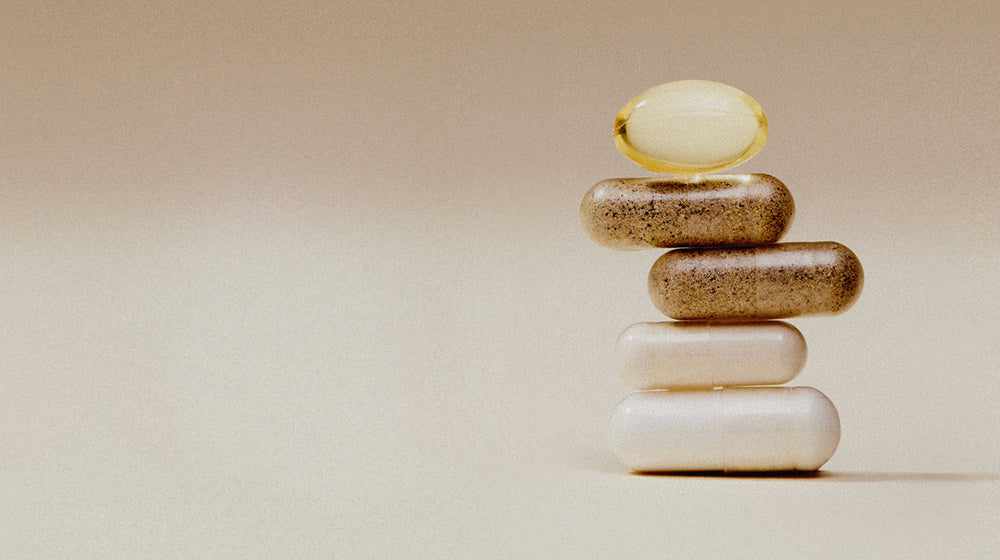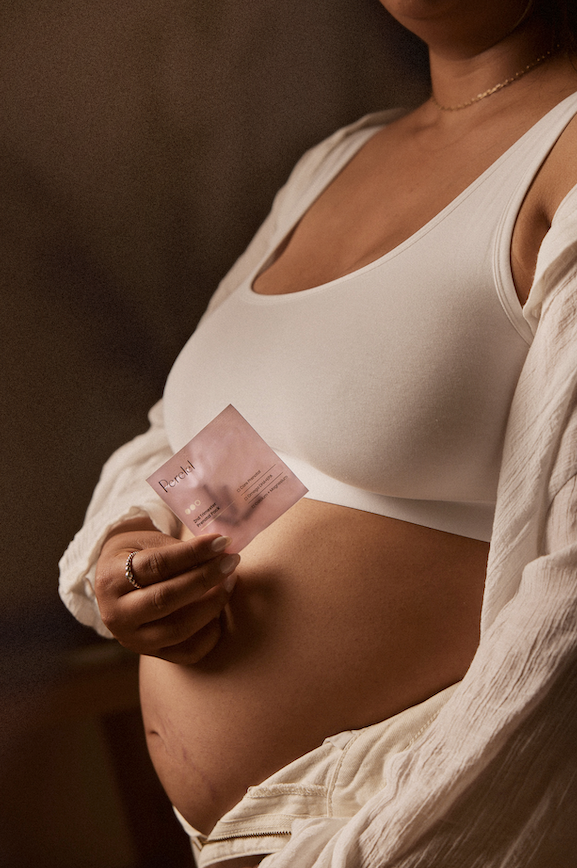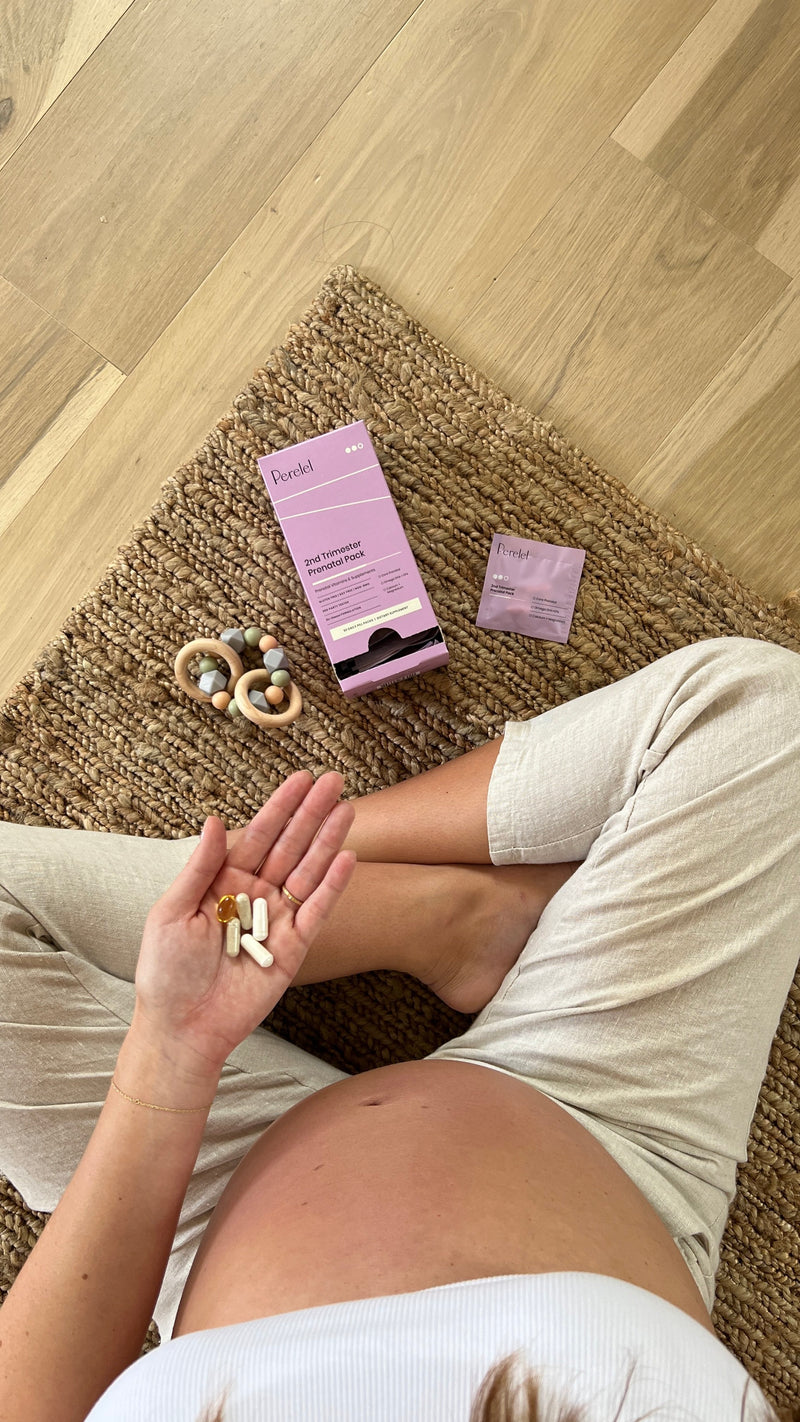If you’re 20 weeks pregnant, congratulations! You have officially made it to the halfway mark of your pregnancy. By now, your body and baby have grown and developed in so many exciting ways—and from this point on, you’re over the hump and are getting closer to delivering your baby than you are from conceiving your baby.
So the question is, what, exactly, is happening at this middle point of your pregnancy—and what do you need to do to support yourself and your baby?
Let’s take a look at everything you need to know about 20 weeks pregnant:
How You’re Feeling at 20 Weeks
At week 20, you are not only smack in the middle of your pregnancy as a whole—you’re also smack in the middle of your 2nd trimester. That means that the more challenging symptoms you likely experienced in your 1st trimester (like extreme nausea and fatigue) should be behind you—and, chances are, you’re feeling much better than you were at the beginning of your pregnancy.
That being said, you can expect to experience symptoms throughout your pregnancy—and week 20 is no different. Some of the signs and symptoms to look out for this week include:
- Itchiness. As your body grows, your skin stretches to keep up with growth (that’s where stretch marks come from!). By week 20, your body is growing quite a bit—and as your skin stretches, you may also find yourself dealing with increased itchiness.¹
- Hair and nail differences. Not all pregnancy symptoms are hard to deal with! Pregnancy hormones can cause changes to your hair and nail growth—and by week 20, you’ll likely notice thicker hair and longer, faster-growing nails.¹
- Constipation. At week 20, you might also experience constipation—which can be brought on by a number of different things, including pregnancy hormones and decreased physical activity.¹
- Growing belly. At this point of your pregnancy, your baby bump is likely noticeable—and will continue growing as you move through the latter part of your pregnancy.
You can also expect to experience other 2nd trimester pregnancy symptoms during week 20—like skin changes/melasma, congestion/nasal issues, leg cramps, and increased vaginal discharge.²
$49.95
$49.95
$46.95
Shop the Article:

2nd Trimester Prenatal Pack
/ Month
Shop Now

3rd Trimester Prenatal Pack
/ Month
Shop Now

Cellular Hydration Powder
/ Month
Shop Now
What’s New With Your Baby
Week 20 isn’t just the halfway mark for you and your pregnancy; it also marks the halfway point of your baby’s development!
Here’s what’s happening with your baby at week 20:
- At week 20, your baby is little over 9 inches long—about the size of a banana.⁴
- Unlike earlier weeks (when your baby was measured from head to bottom), from week 20 on, your baby will be measured from head to heel—giving you a more accurate idea of their total length.⁴
- If you’re having a girl, the baby’s uterus is fully developed by week 20—and the vaginal canal is also starting to develop. Her ovaries are developed—and currently hold about 7 million eggs. (That number will drop to between 1 and 2 million by the time she’s born).³
- Your baby starts moving around 12 weeks—but it takes longer than that for you to feel their movements (also known as “quickening”). While some moms feel the baby’s movements sooner, it’s common during first pregnancies to feel quickening around the 20 week mark.⁵
Your Week 20 To-Do List
Want to make the most out of week 20—both for yourself and for your baby? Here are a few tasks you’ll want to check off your to-do list this week:
1. Take your supplements
Making sure that your baby has the nutrients it needs to grow and develop is so, so important. And as you progress through your pregnancy, the nutrients your baby needs to grow and develop will change—which is why it’s so important to take supplements designed for the stage of pregnancy you’re currently in.
Which, at 20 weeks, means supplements formulated to support your and your baby’s health during your 2nd trimester—like 2nd Trimester Prenatal Pack.
Developed by a team of leading OB/GYNs, this vitamin pack contains the supplements you need for optimal nutrition during your second trimester of your pregnancy (which includes week 20!)—including a prenatal vitamin, calcium, magnesium, and DHA + EPA (omega-3 fatty acids),
Perelel’s 2nd Trimester Prenatal Pack:
- Supports relaxation
- Supports baby’s brain development
- Builds strong teeth and bones
- Provides optimal nutrition to support your and baby’s health
If supplements aren’t a part of your routine by week 20, now is a great time to start—so make sure to check “try Perelel’s 2nd Trimester Prenatal Pack” off of your pregnancy to-do list.
2. Fight constipation with hydration
As mentioned, constipation is a common side effect at week 20. But it’s also an extremely uncomfortable one, so you’ll want to do everything you can to (healthily!) combat it. And one of your best defenses against constipation? Proper hydration.
To make sure you’re getting the hydration you need to feel your best (and get things moving, if you catch the drift!), aim to drink between 8 and 12 cups (or between 64 oz and 96 oz) of water every day.
3. Make an appointment for your anatomy scan
Between 18 and 22 weeks is when you have your anatomy scan⁶—a more in-depth ultrasound that allows the doctor to review your baby’s growth and development (including their organ development). And because week 20 is smack in the middle of that period (so many midpoints this week!), if you don’t already have an anatomy scan scheduled, now is the time to call your doctor and get an appointment.
4. Decide if you want to know your baby’s sex before delivery
Another thing to note about the anatomy? If you haven’t already found out the sex of the baby (for example, via a blood test), the anatomy scan is typically when you’d find out—as it’s the ultrasound where the doctor can determine the baby’s sex. So, if you haven’t already decided whether you want to know the baby’s sex now or wait until they’re delivered, now is the time to make the decision.
Keep in mind there’s no right or wrong answer here; some people like to find out the sex of the baby ahead of time so they can better prepare—and some prefer to wait until the baby’s born so that it’s a surprise. Just make sure that you decide what works best for you prior to your anatomy scan—and then let the doctor know your choice. (This is especially important if you don’t want to know the sex; you don’t want the doctor to accidentally ruin the surprise!)
Next up: What happened in Week 19, plus what to know about your Week 20 scan.

theFolio in Your Inbox
Sign up to receive doctor-backed, stage-specific content in your inbox each week.
References:
- BabyCenter. 20 Weeks Pregnant.
- Mayo Clinic. 2nd trimester pregnancy: What to expect.
- What to Expect. 20 weeks pregnant.
- NHS. Week 20.
- Cleveland Clinic. Quickening in Pregnancy.
- The American College of Obstetricians and Gynecologists. How much water should I drink during pregnancy?
This article is for informational purposes only. It is not, nor is it intended to be, a substitute for professional medical advice, diagnosis, or treatment and we recommend that you always consult with your healthcare provider. To the extent that this article features the advice of physicians or medical practitioners, the views expressed are the views of the cited expert and do not necessarily represent the views of Perelel.





















